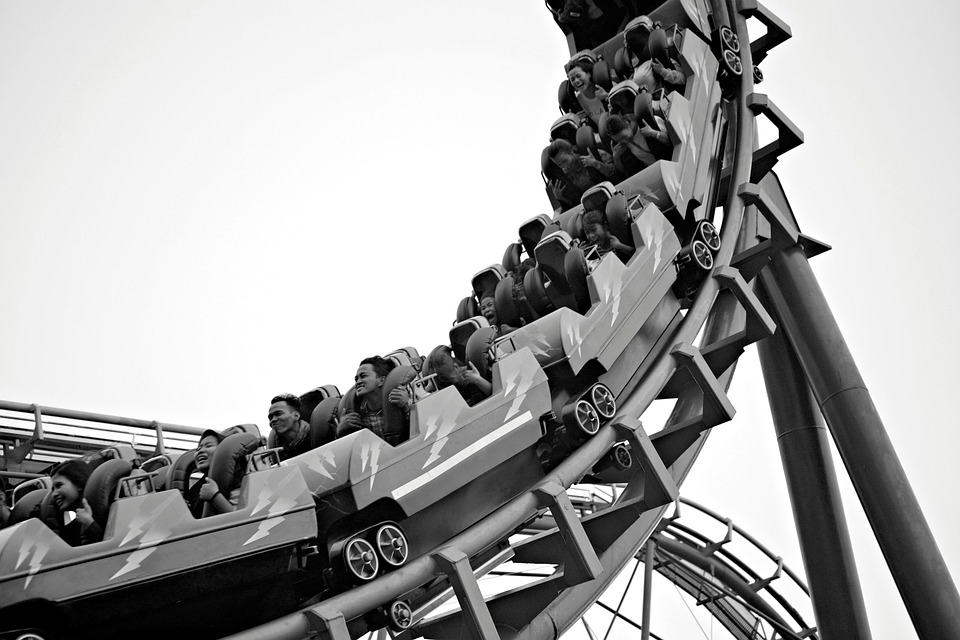In today’s society, one of the most pressing issues continues to be economic inequality. Nestled between the staggering fortunes of the wealthy elite and the despairing depths of poverty-stricken populations, the working class bears a disproprotionate burden. This strain is heightened by a system that encourages wealth concentration at the top while underserving those at the bottom.
Understanding Economic inequality
Economic inequality, simply put, is the disparity in wealth and income among different groups and individuals in society. While a certain degree of inequality may be inevitable in a competitive market system, it becomes a systemic issue when a large portion of the national wealth and income becomes concentrated within a small segment of the population.
This leaves a vast majority of the population — who are mainly part of the working class — struggling to meet basic needs. This inequality becomes even graver when it leads to fewer opportunities for upward mobility, thereby trapping individuals in a cycle of poverty and disadvantage.
The Plight Of The Working Class
An Erosion of Wages
The problems faced by the working class are multifaceted. One of the most significant difficulties they face is an erosion of wages. Recent years have seen a widening gap between productivity and pay, with the gains of increased productivity trickling up to the wealthiest in society, leaving workers’ wages stagnant or even declining.
High Living Cost
Compounding this problem is the rising cost of living. Basic necessities like housing, healthcare, and education have seen rapidly inflating costs, leaving the working class to grapple with an ever-tightening financial squeeze. This often corners them into a cycle of debt, with many having to borrow to meet basic expenses or in emergencies, further exacerbating their economic vulnerability.
Lack of Opportunities
The working class also suffers from lack of opportunities for advancement. The education system, which should serve as a lever for upward mobility, often reproduces existing inequalities, with access to quality education often determined largely by family income.
The Effects of Economic Inequality on Society
When the working class is under constant strain, the ripple effects permeate society as a whole. High levels of economic inequality can lead to numerous societal issues, from declining health status and well-being to fomenting political instability. Increased economic disparity also undermines social cohesion, leading to increased crime rates, lower levels of trust, and decreased social mobility.
Broadening the Lens: Economic Inequality as a Global Issue
The issue of economic inequality is not confined to one region or nation. Instead, it is a global concern impacting countless societies and economies around the world. The international working class has also been subjected to the brunt of economic inequalities, resulting in common patterns of wealth disparity, stagnant wages, and limited opportunities.
The COVID-19 pandemic has further underlined this disparity as those with the least financial security bore the brunt of its impact, while wealthy individuals and corporations saw their fortunes increase.
A Path Towards Greater Equity?
In order to alleviate the strain on the working class, there needs to be a systemic push towards greater equity. This would involve a reevaluation of economic policies to ensure fairer distribution of resources, wealth, and opportunities. It also carves out a significant role for the education system in levelling the playing field, providing equal opportunities for advancement, and breaking the cycle of poverty.
Economic inequality is a daunting issue that stretches across societal boundaries — and it is one that we must collectively address. For the well-being of the working class and society at large, economic inequality cannot continue to be the norm.
